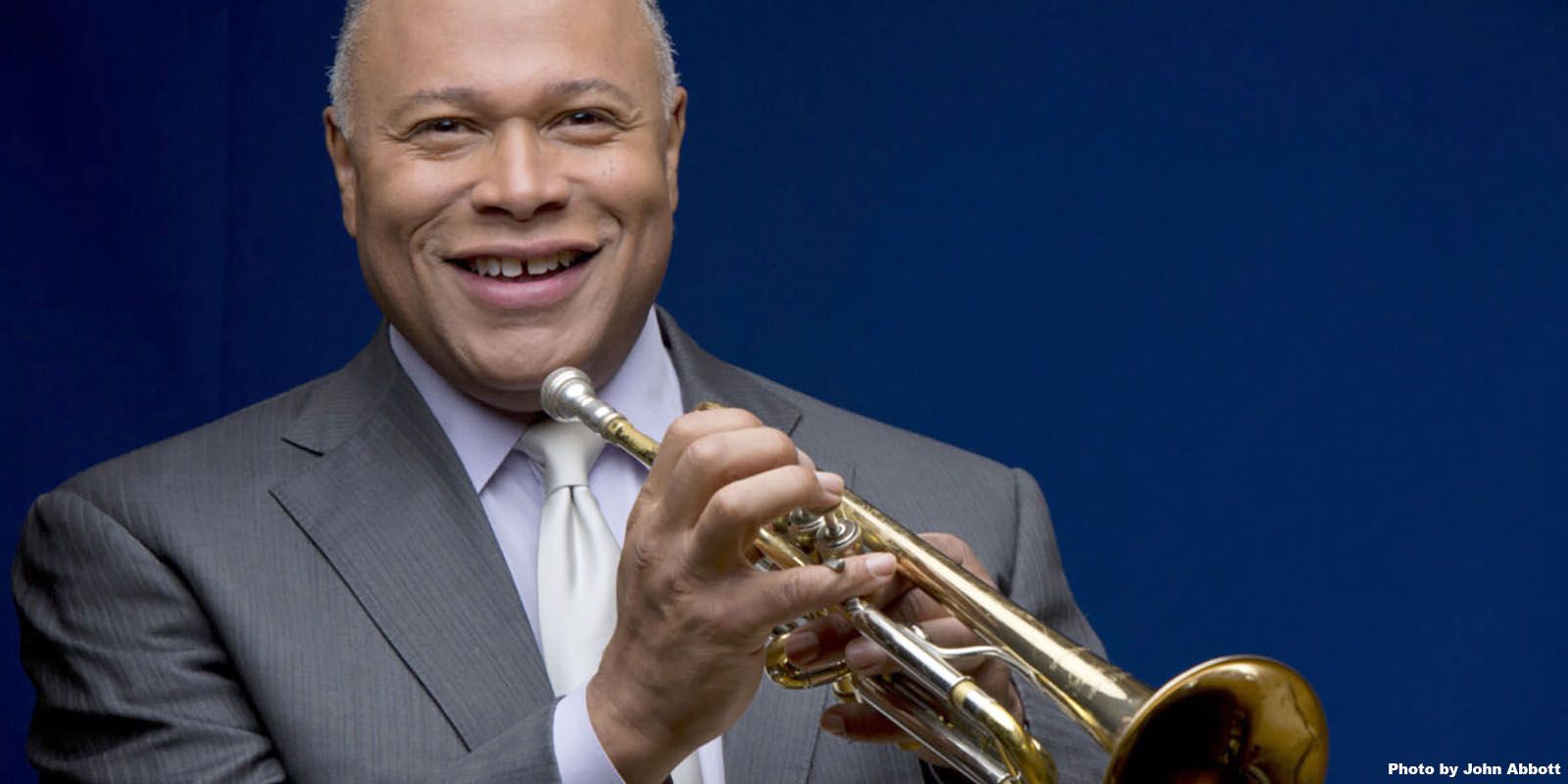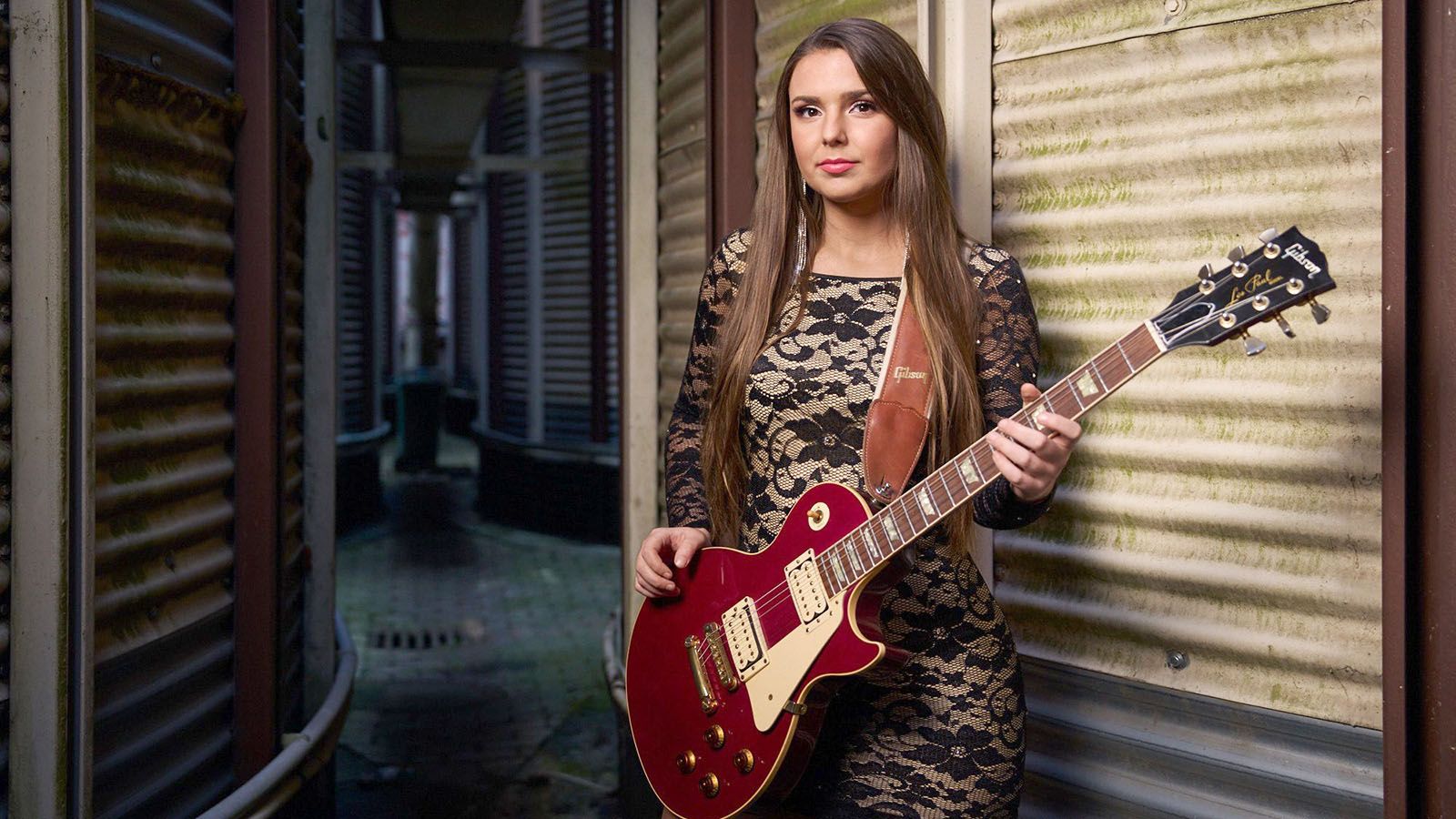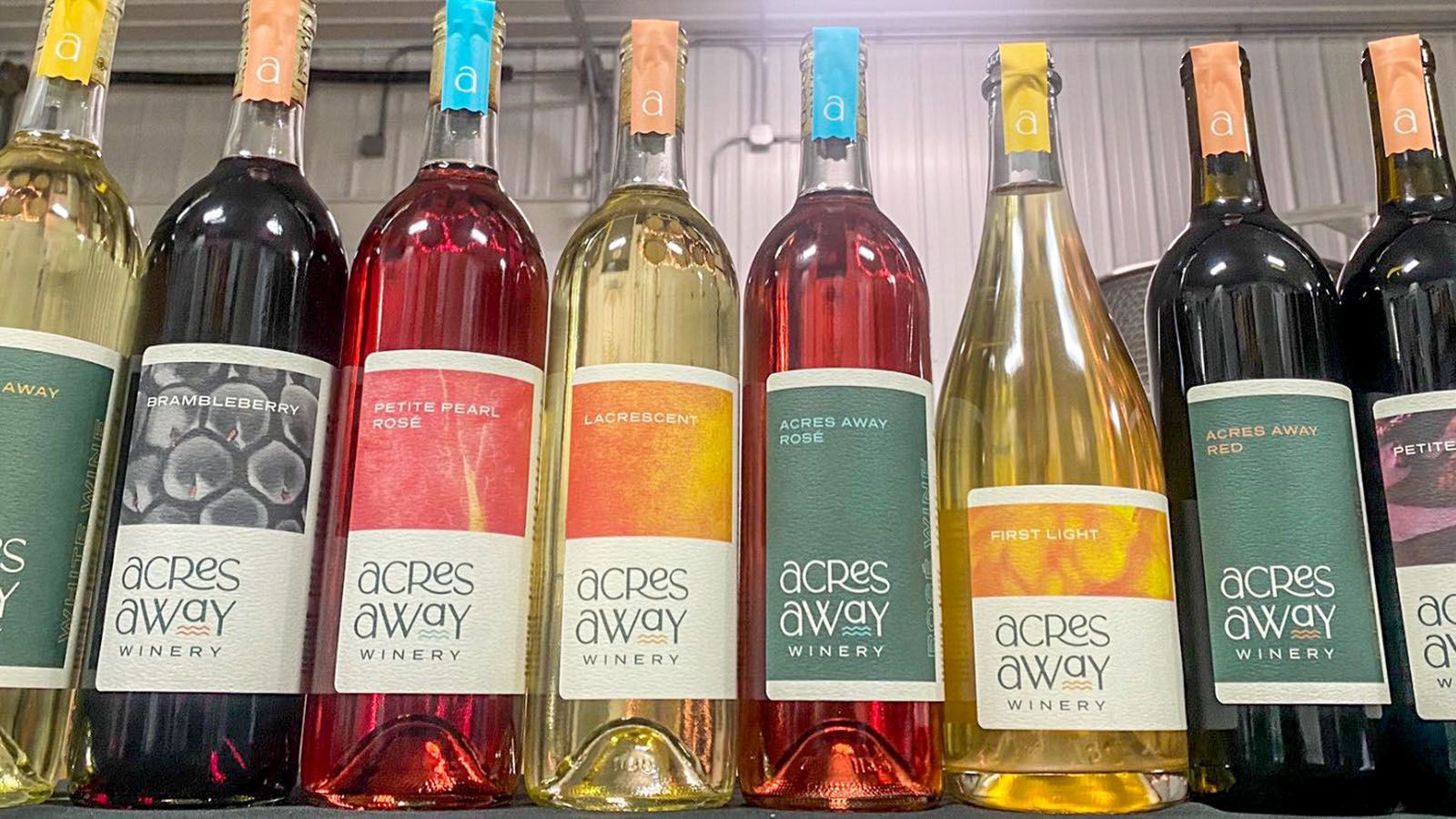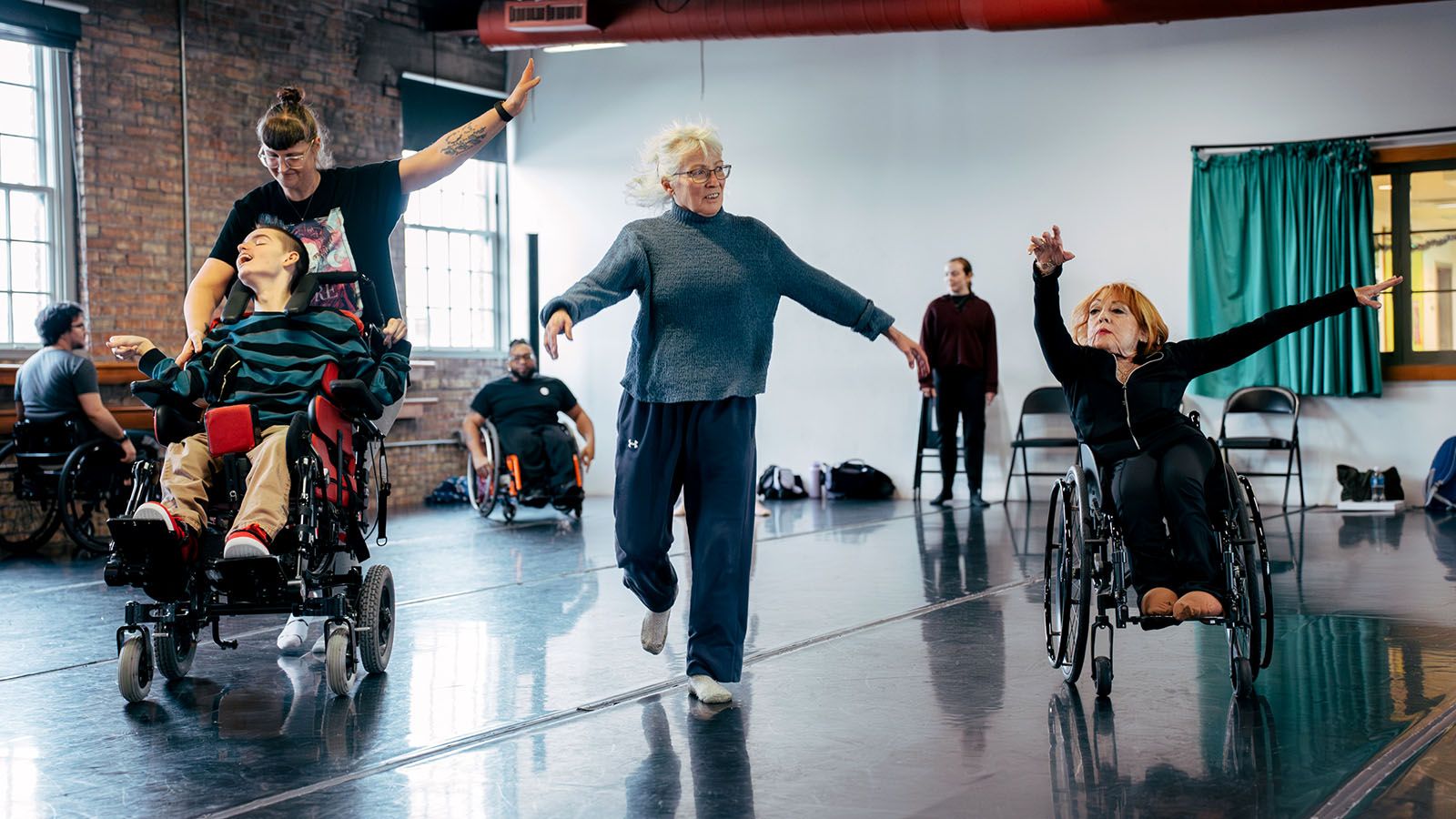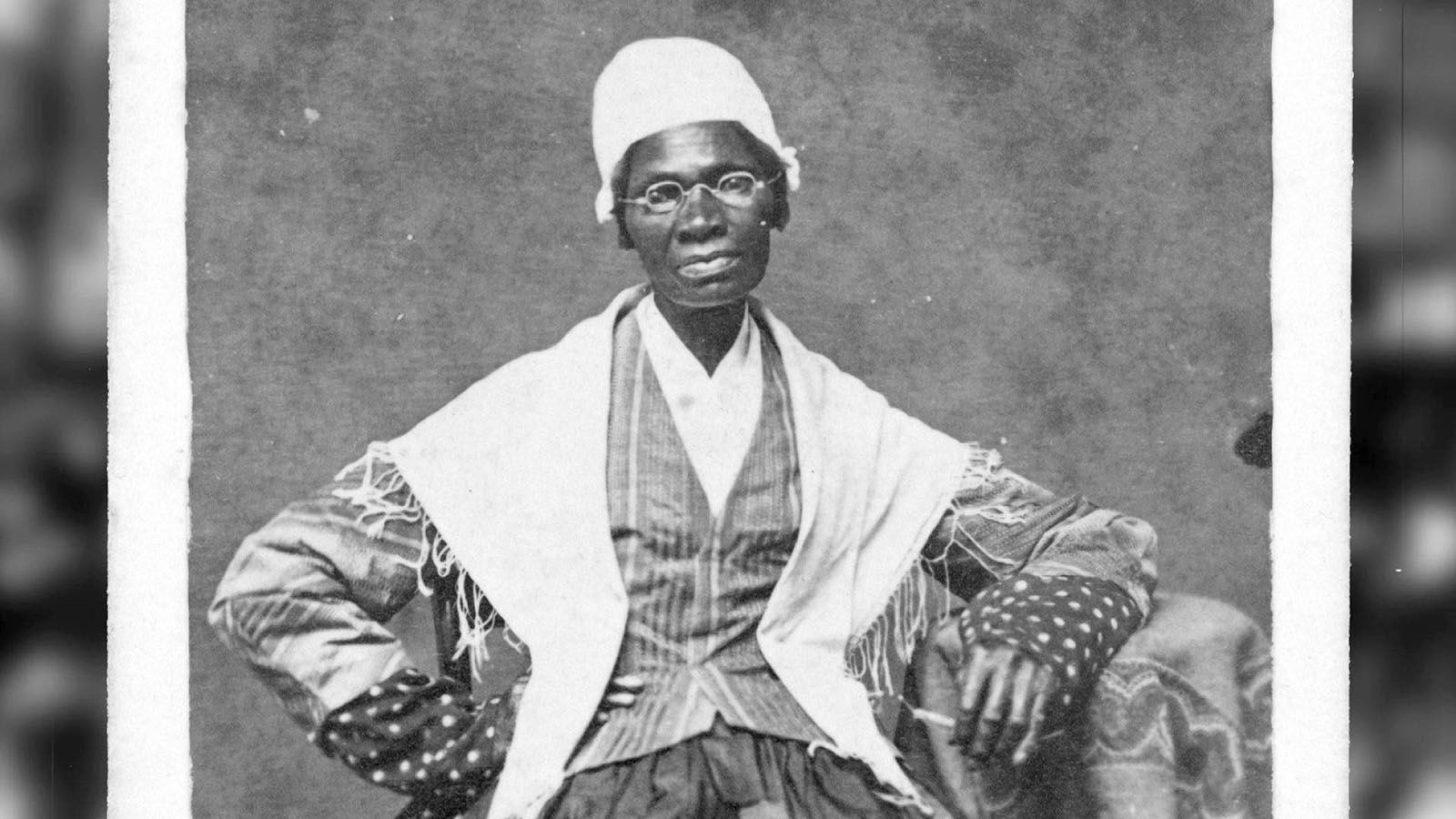Byron Stripling, singing and playing trumpet, has spent his life interpreting the uniquely American musical tradition that is jazz.
In his solo performances with symphony orchestras around the country, Stripling brings history to life, playing the music of the great New Orleans artist Louis Armstrong and connecting that tradition from the 1920s to the African-American spirituals that came before, and the blues and gospel that followed shortly after.
And so with the approach of the festival of Mardi Gras, which ushers in the season of Lent, the Fort Wayne Philharmonic presents Byron Stripling’s Mardi Gras on Saturday, Feb. 3, at Purdue University Fort Wayne’s Auer Performance Hall.
Taking a journey
Byron Stripling’s Mardi Gras
w/Fort Wayne Philharmonic
7:30 p.m. Saturday, Feb. 3
Auer Performance Hall
2101 Coliseum Blvd. E., Fort Wayne
$27-$86 · (260) 422-4226
Stripling’s father was a classical music professor, and the younger Stripling studied jazz at the prestigious Eastman School of Music in Rochester, New York.
His home turf is Columbus, Ohio, where he teaches at Ohio State University. For 20 years he has been the conductor for the professional Columbus Jazz Orchestra, 16 jazz musicians who cover not only 1940s big band swing but bring in artists that play more contemporary jazz and funk.
For decades, Stripling has toured the country with his own shows, where he plays the music of Armstrong that captured his spirit when he was a youth.
The Feb. 3 performance will include not only ebullient, energetic Dixieland jazz, with Armstrong classics like “Sweet Georgia Brown” and “Basin Street Blues,” but also pieces from the Memphis blues of W.C. Handy, and the later electric Delta blues and Chicago blues of Willie Dixon and Muddy Waters. Dear to Stripling’s heart are also the folk spirituals from the 1800s, and the early gospel style that began in the 1930s, from Thomas A. Dorsey through Mahalia Jackson.
“I think it’s important to always say what was happening in music as New Orleans music and jazz begins to grow,” Stripling said. “What happens outside? It’s also that same spirit of New Orleans that has grown into all the other different regions; everybody influenced everybody else.
“That’s why you’ll see spirituals in there, too. Religion, spirituals, gospel, those things were a big influence. It all brings it together in the end,” he said.
“I’ve got to establish an evening that’s based upon a musical show. I’ve got to have music that brings people on a journey so they can feel all this.
“The show is like a piece of music. It has its ups, its downs, its flows. It’s fast. It’s like life, and by the end, I want to take the audience on a journey where they’ll learn something through the music, and maybe even something I say on the microphone will resonate with them.”
Making Arrangements
Most music fans understand that jazz has its own kind of rhythm, called “swing.” The rhythms in “classical” orchestral music, from the Western European tradition, are quite different.
Symphony orchestra players these days can understand jazz, but it’s not second nature to them. I asked Stripling how he goes about making sure that these performances are in the groove.
As a conductor himself, Stripling knows how to work with the conductor of each orchestra, in this case the Fort Wayne Philharmonic’s Andrew Constantine. But it also has to do with the arrangements, with which musicians are assigned to play certain parts.
“The symphony orchestra is not going to sound like Count Basie’s,” Stripling said. “That’s not who they are. But most musicians, if they’re good musicians, if you demonstrate it through your conducting, or if you sing it to them, musicians are smart enough to take that.
“Music notation is inadequate for what jazz or any kind of music expresses. So you have to give some voice to it.
“That’s the first part, but it’s not the most important part. The most important part is you have really great arrangements that recognize what somebody can and can’t do in a ‘pops’ situation,” he said.
Over the years, Stripling has assembled and commissioned arrangements for his shows, which he brings with him for the musicians to read.
“I’m not going to, at a fast tempo, write out something for the strings, like a John Coltrane transcription. I wouldn’t do that, because then the orchestra would just bring a lot of straight eighth notes to the thing, and that’s not their baby. So it’s in your arrangement.
“That’s why I bring a rhythm section, because they provide the platform the whole thing sits on, and from there, we’re fine if we have good charts.”
Stripling’s hand-picked rhythm section, who travel with him, is Bobby Floyd on piano and organ and Rich Thompson on drums. For this show, the Fort Wayne Philharmonic’s Kevin Piekarski will be sitting in on bass.
Living in the moment
Stripling is passionate about how music can lift peoples’ spirits. To him, a Mardi Gras show is the perfect time to sing and to swing.
“My philosophy of a concert is that the theater’s a magical place,” he said. “You go in there, and if you listen attentively and put your phone away, which is what I suggest, and just be with the people who are there, and live this moment — because that’s the only moment we have. People wonder why they’re so depressed and full of anxiety and all these kinds of things. One of those reasons could be the fact that you haven’t sat next to a human in a long time.
“A concert gives you that ability, and that’s why I encourage people to come to concerts, because we begin to then experience our humanity of sitting together in this shared environment, the experience of enjoying live music. If I do what I can do, and I do it well, people will leave changed. They will be lifted by the power of music.
“That’s what the music of New Orleans did for me, and that’s why I created this show.”
 Submit Your Event
Submit Your Event